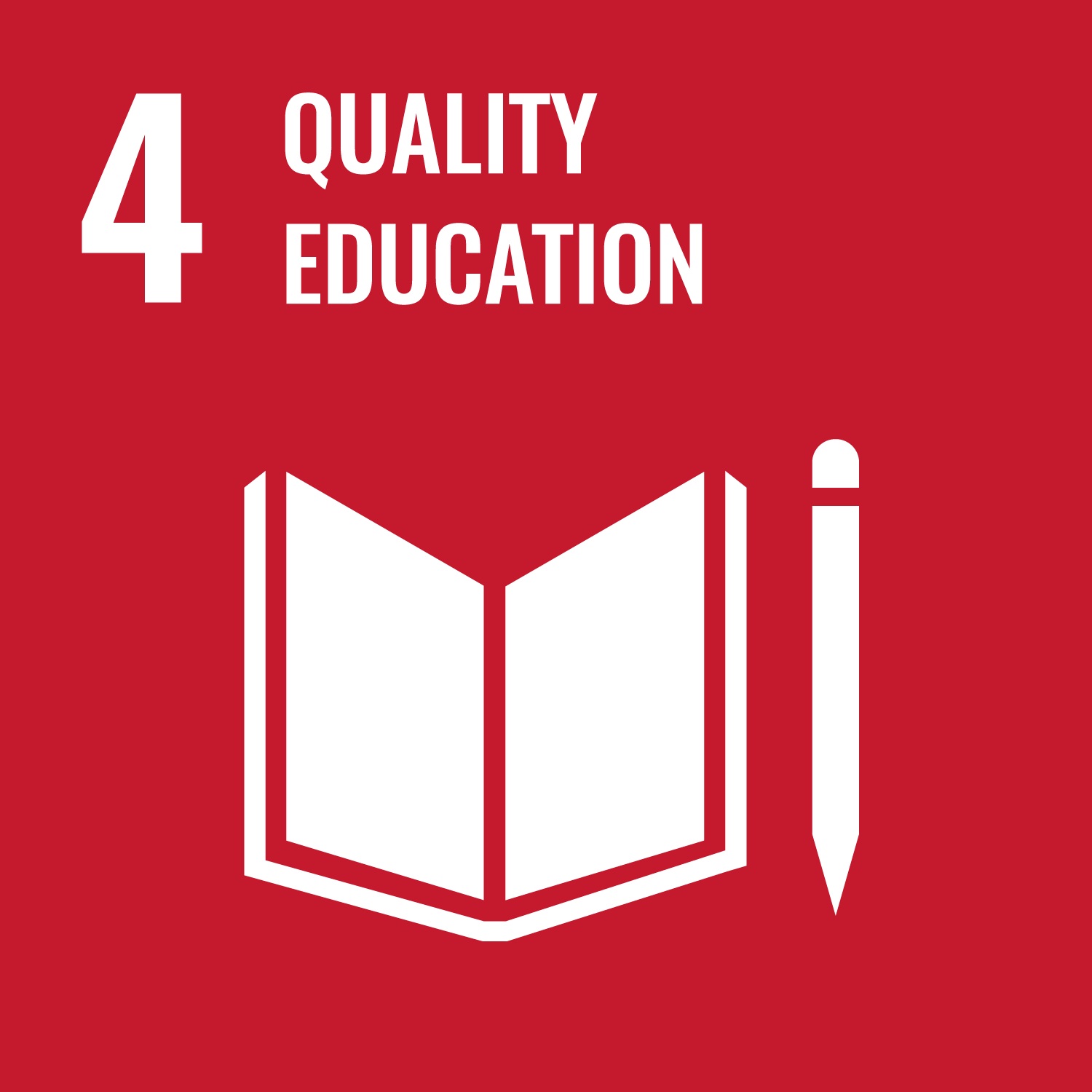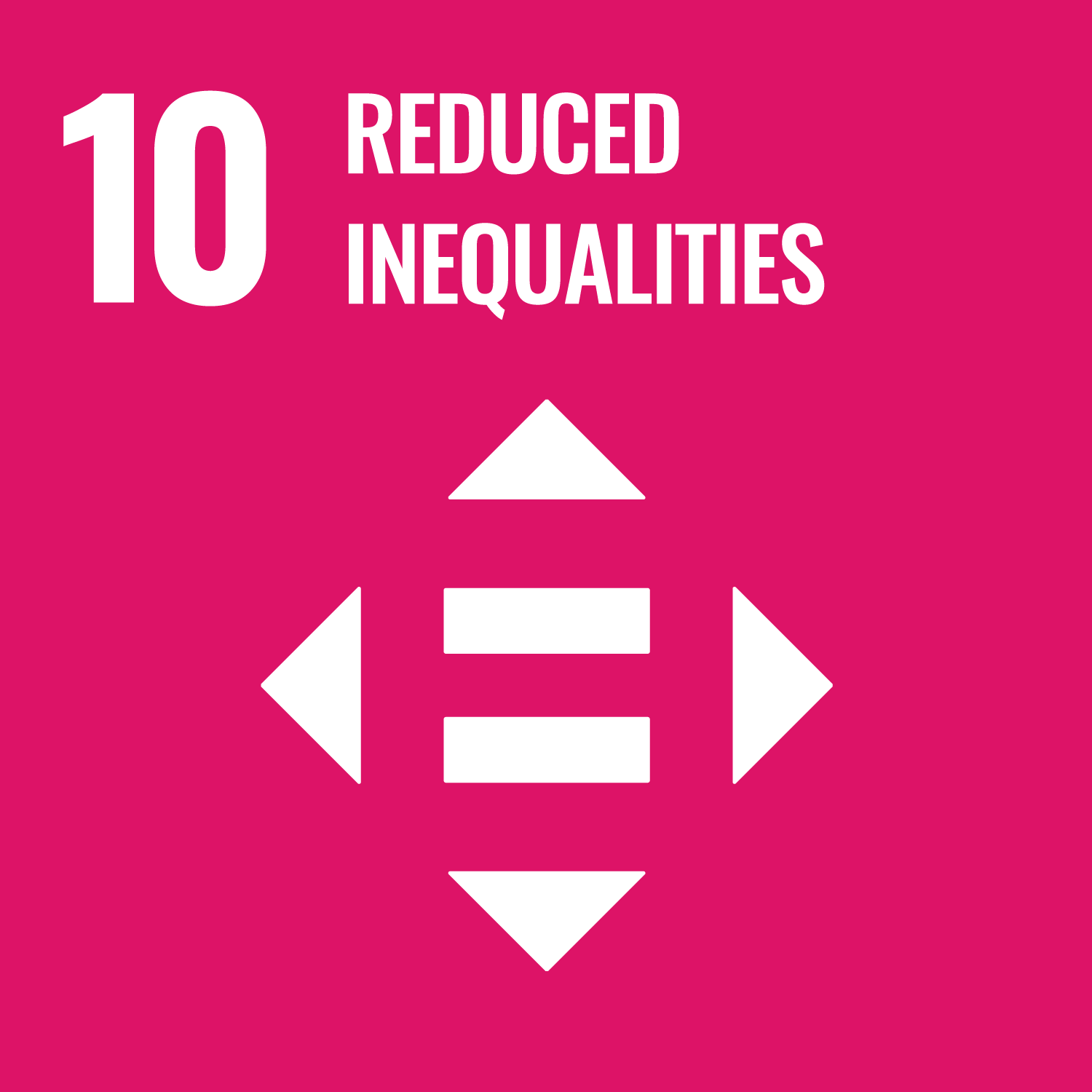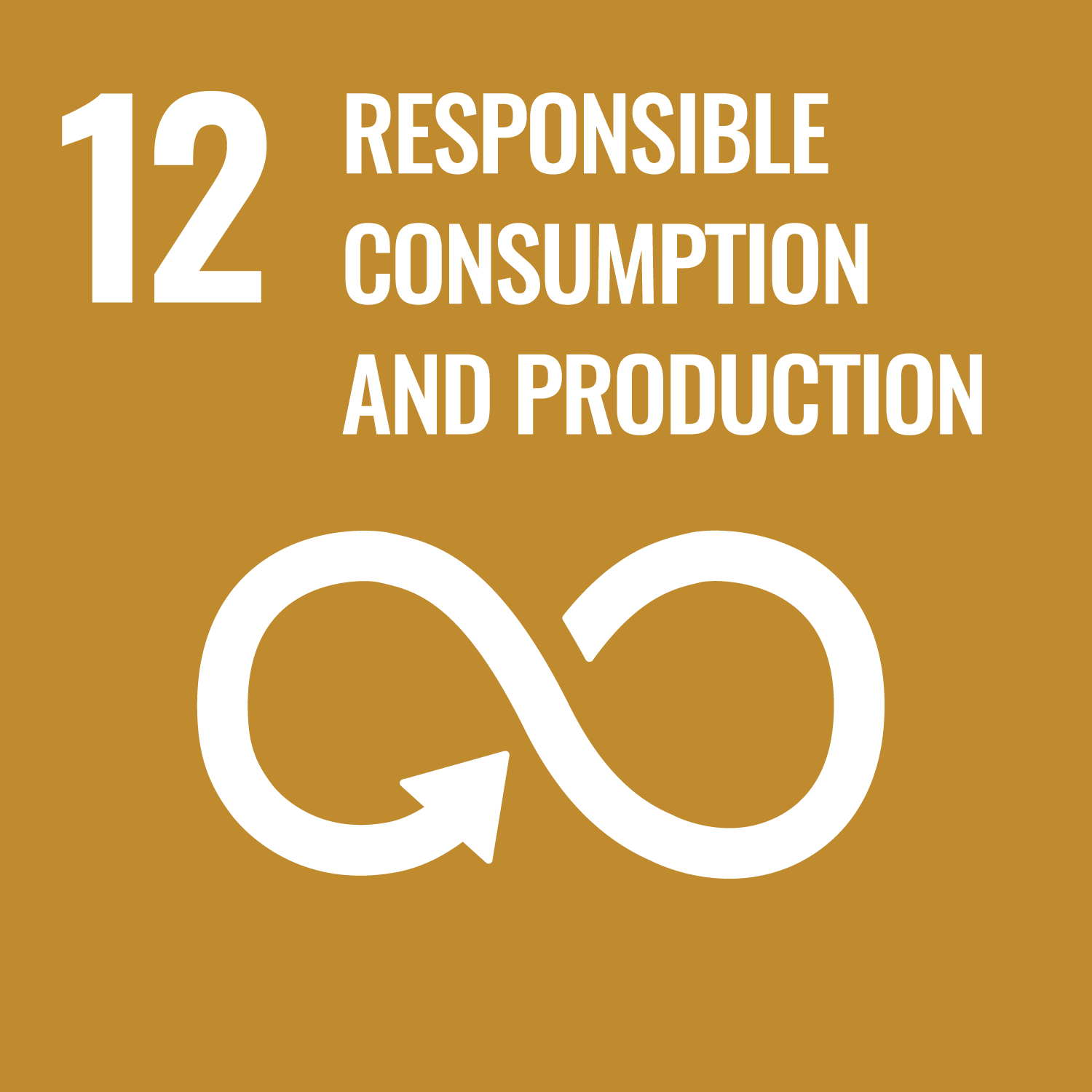Rating-Based Regulation and Investors' Overrealiance: Quo Vadis?
The purpose of this thesis is to investigate into the phenomenon of over-reliance on external credit ratings by investors and market participants. This phenomenon is traced back to the hardwiring of the credit ratings into legislation. In this context, the investigation has a broad scope in that it is not only concerned with the phenomenon per se, but also with the current status of implementation of the rules which have been set out to tackle this problem. The approaches against over-reliance have been elaborated at the international level by the Financial Stability Board (FSB). These were incorporated into specific rules at the EU and US levels. This thesis will therefore analyse and critically assess the progress which these two legal systems have made for translating into practice the international standards against over-reliance on external credit ratings.
This subject is of relevant interest from several perspectives. Firstly, the phenomenon was brought to attention in the aftermath of the recent financial turmoil. This is a new context, which is to be regarded as a segment of the post-crisis reforms on the structure and operation of the rating industry. This part of the reforms stimulates to provide an understanding of the nature of overreliance on the credit ratings and why investors and market participants are vulnerable to it.
Secondly, the phenomenon made regulators cast numerous doubts in respect of the opportunity of relying on the credit ratings in legislation. This aspect stimulates research with regard to the use of the credit ratings by the private and public sector and to investigate the degree to which the tie between the regulators and the credit ratings have changed because of the threat of over-reliance.
Thirdly, normative approaches have been set out and the implementation process is still ongoing at the time of writing. A critical evaluation of them permits an assessment of the current status of progress in the translation of the approaches, to identify their positive and negative aspects, and discuss possible improvements.
Fourthly, the analysis of the progress and its outcomes may stimulate further reflections on the premise the debate on over-reliance was based upon. This permits us to wonder which (if any) things might have been missed at the beginning, whether the debate is to be considered closed or whether there are new, possible, directions to be taken in the future.
Overall, this research will provide a thorough investigation into the problem of over-reliance from the post-crisis regulatory debate on the CRAs until the issue and implementation of specific rules aiming at mitigating this risk. In particular, by explaining the phenomenon of over-reliance on external credit ratings, critically reviewing the advantages and shortcomings of the approaches against it, and suggesting possible improvements, this research may be the platform for further studies on a subject which has so far received marginal attention by the literature on the CRAs.
| Item Type | Thesis (Doctoral) |
|---|---|
| Subjects | Law |
| Divisions | Institute of Advanced Legal Studies |
| Date Deposited | 23 Mar 2016 16:11 |
| Last Modified | 06 Aug 2024 04:42 |













